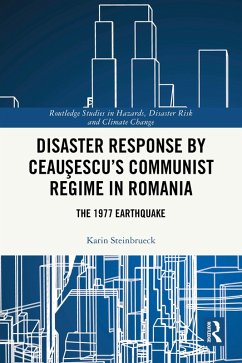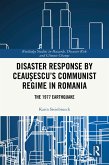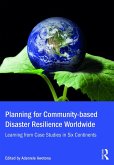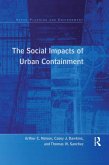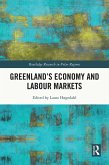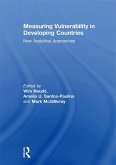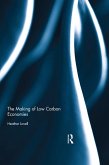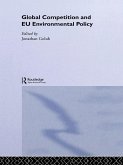This book contains the first comprehensive history using extensive primary sources to trace the 1977 earthquake disaster response by the Ceausescu communist regime, contextualizing its contribution to the public risk that remains in Romania's capital Bucharest. It traces a history of one authoritarian government's disaster response linking its decisions and ultimate inactions to contemporary public risk. The book begins with a stand-alone chapter to introduce readers to twentieth-century Communist Romania and contextualize the Ceausescu regime's response. It provides insights into how Radio Free Europe filled the information vacuum, how the political police, the Securitate, worked as first responders, and how scientific experts debated the best course of action. It examines how the regime requested specific foreign assistance and activated its Securitate abroad to encourage such, prioritized restoration of the economy, and "encouraged" domestic cash and labor contributions in the name of recovery. The book examines how the disaster response abruptly ended, leaving thousands of structurally unsafe buildings. It explains the contemporary seismic risk and post-communist mitigation efforts to reduce it.
This book will be of interest to students, researchers, and policy-makers in the fields of history, disaster studies, urban planning, politics, and those interested in communist-era Romania, Europe, and Eurasia; totalitarian and authoritarian regimes.
Dieser Download kann aus rechtlichen Gründen nur mit Rechnungsadresse in A, B, BG, CY, CZ, D, DK, EW, E, FIN, F, GR, HR, H, IRL, I, LT, L, LR, M, NL, PL, P, R, S, SLO, SK ausgeliefert werden.

